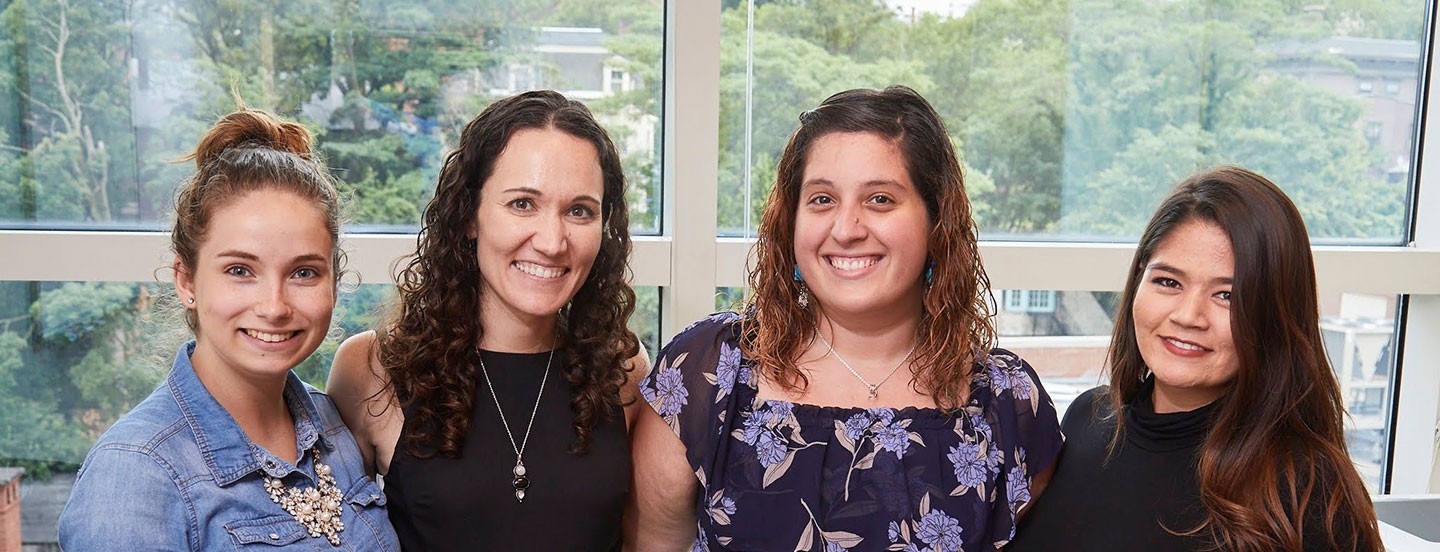
The Requirements of Mentoring
Previously: The Responsibilities of Mentoring
For you to meet your responsibilities of gain the benefits of mentoring, strive to satisfy the following requirements:
Preparation — Be sure that everything is ready to go before your mentee begins their work, especially with respect to your mentee’s project and anyone who will help supervise it. If a postdoc or graduate student will be working with your mentee, share this guide with them. Make sure you have considered all of the software and hardware your mentee will need to complete their project and confirmed that they will have access to those things. Reach out to the Leadership Alliance coordinator for your institution to discuss ways to secure access to technology your mentee does not already have.
Adequate Time — Your mentee must be able to meet with you and/or someone you oversee on a regular basis. Be sure you will have enough time to dedicate to your mentee over the course of the summer given all of your other personal and professional obligations. If you are working from home make sure you have set aside time for your mentor meeting that includes adequate space and limited distractions. The focus you bring to the conversation allows you to deliver the attention and 1:1 time that is so important in building the mentor/mentee relationship.
Sufficient Accessibility — Your mentee must be able to approach you with questions and concerns in order to grow. Be sure you will have time to check in with your mentee regularly and respond attentively to them. Plan regular meetings with your mentee. And be sure to err on the side of increasing the frequency of those meetings in comparison to the frequency of meetings you would have in the context of an in-person summer program. Breaking up longer meetings into multiple, shorter ones both increases your touchpoints with your mentee and helps prevent videoconference fatigue.
Thoughtful Project Selection — Your mentee’s project should be manageable enough to complete in your time together and feasible for remote work, but challenging enough to serve as a learning experience (Wilson, 2003) Consider projects that 1) allow for small successes over time to build confidence, 2) connect with the larger goals of the research team, 3) provide a variety of experiences from reading to virtual collaboration to research communitacation, and 4) have clear, measurable goals. Be sure you can provide a project with these elements and can create a well-crafted learning experience.
Alignment of Interests — Your research agenda should align with your mentee’s interests. Your mentee is coming to you because they are passionate about research and have an interest in a particular topic, area of study, or discipline. Aim to have the work they do for you capitalize on that interest. Doing so will be critical in keeping your mentee focused given the distractions that will likely be at play while they are working from home. Of course, your interests and their interests may not align perfectly. That is okay. Build your mentor-mentee relationship around the overlap in your interests and explore your areas of difference.
Flexibility and Growth — The needs of a typical mentee change over time and across stages of the mentoring relationship. Check in regularly to see what needs your mentee has and then do your best to leverage best mentoring practices to meet those needs. In addition, continue in your own professional development by staying abreast of new developments in mentoring. For example, the term “microaggression” was not in the vocabulary of most mentors until recently. Current efforts to learn about and address microaggressions are important because unconscious bias can have significant adverse effects on mentees who are members of historically underrepresented groups. (Hurtado et al., 2009, p. 211) Effective mentors are willing to continually learn both what to do and what not to do to help their mentees grow.
Action Items
- Review the project you have selected for/with your mentee to ensure that it:
- allows for confidence-building successes over time,
- connects with the larger goals of your research agenda or a research effort in the discipline,
- provides for a variety of different skill-building research activities, and
- has clear, measurable goals.
- Insert blocks of time in your calendar for working with your mentee. That way, you can protect your commitment to your mentee from encroachment from other demands on your time.
Up next: Mentoring Before the Program Begins